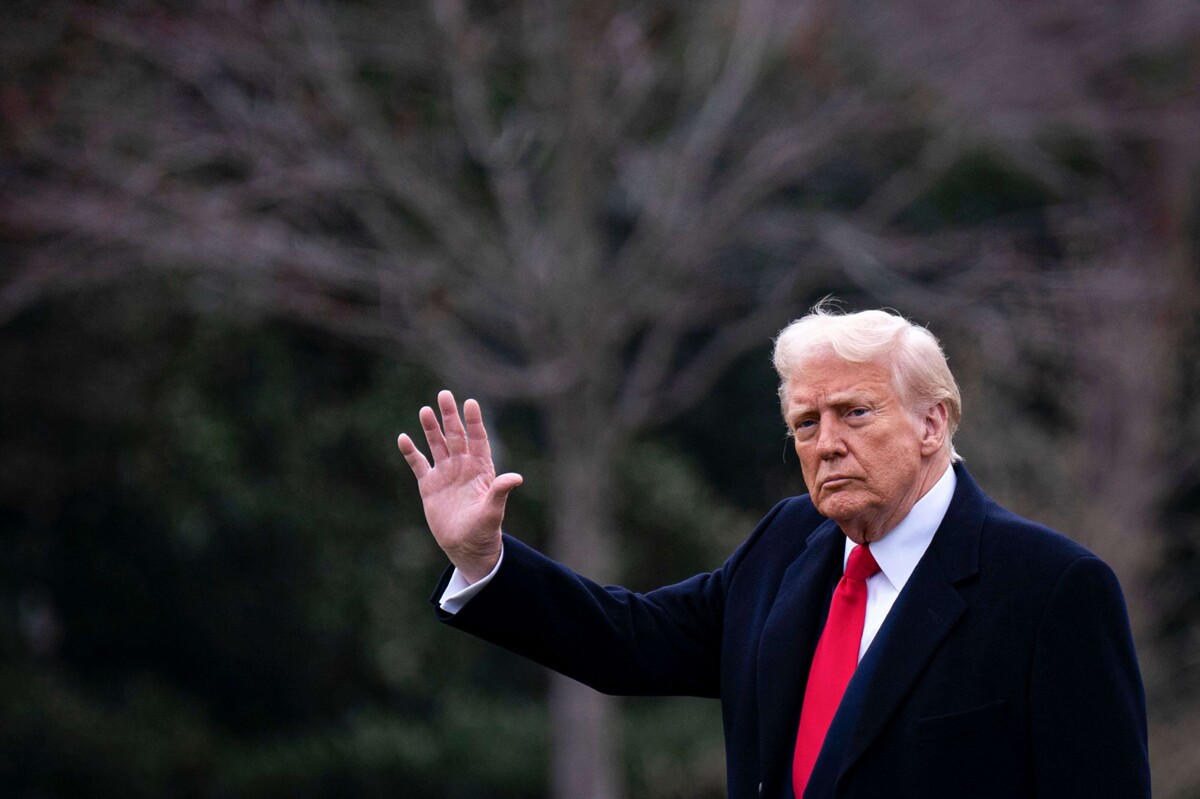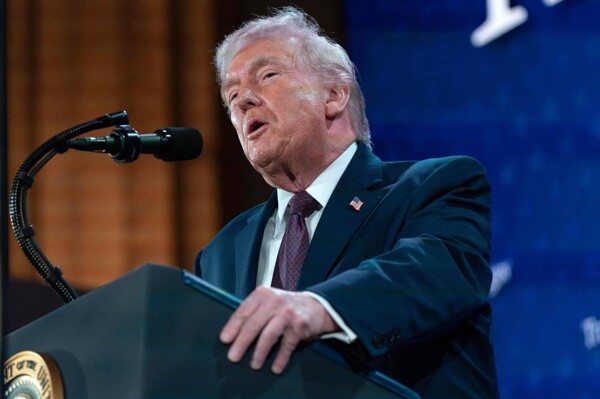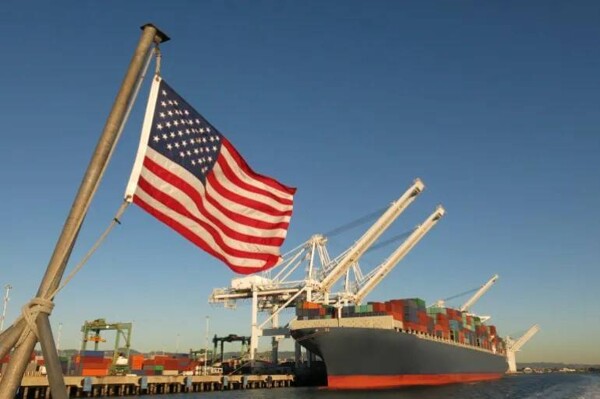
The world is experiencing dark times with the return of Donald Trump to power, backed by American magnates, particularly those linked to technological capitalism. His rise paves the way for an unpredictable scenario. We recall his first term in 2016, marked by a populist narrative that made it easier for him to seize power. In January 2020, a mob of followers attempted to undermine the constitutional order by storming the Capitol, revealing the roots of the MAGA movement that Trump has cultivated and strengthened since then.
Currently, MAGA has transcended the Republican Party, engulfing it in its ranks and highlighting Trump's egocentric personality. There is concern that the United States is heading towards a dictatorship led by a man whose interest lies in his own benefit rather than in the greatness of the country. His policies have generated global instability and pose economic risks for its citizens, such as inflation and a potential recession due to his tariff policies.
In a scenario where Trump controls the Republican benches and has followers in the Supreme Court, a substantial change in the political system is anticipated, evidenced by the number of executive orders he has issued. Recent stock market crashes and million-dollar losses are generating uncertainty among the capitalists who once supported him, especially in Europe and Latin America.
Trump's expansive attitude has generated distrust among former allies and has raised criticisms, such as in the case of his interest in Greenland. Despite this behavior, his dealings with autocrats like Putin and Kim Jong-Un contrast sharply. History reminds us how similar contexts have facilitated the rise of populist and megalomaniac leaders, whose power can lead to catastrophic consequences, as seen in the past with Mussolini and Hitler.
On the national level, the president seems oblivious to the harsh reality, focusing on defending her political party without effectively addressing the issues of disappearances and violence in Mexico. The lack of clear strategies to confront current challenges poses serious inconveniences, especially in light of forecasts of zero economic growth and potential repercussions on remittances. This dynamic reflects the widespread madness in power, emulating the spread of an epidemic, similar to the emergence of COVID-19 five years ago.














